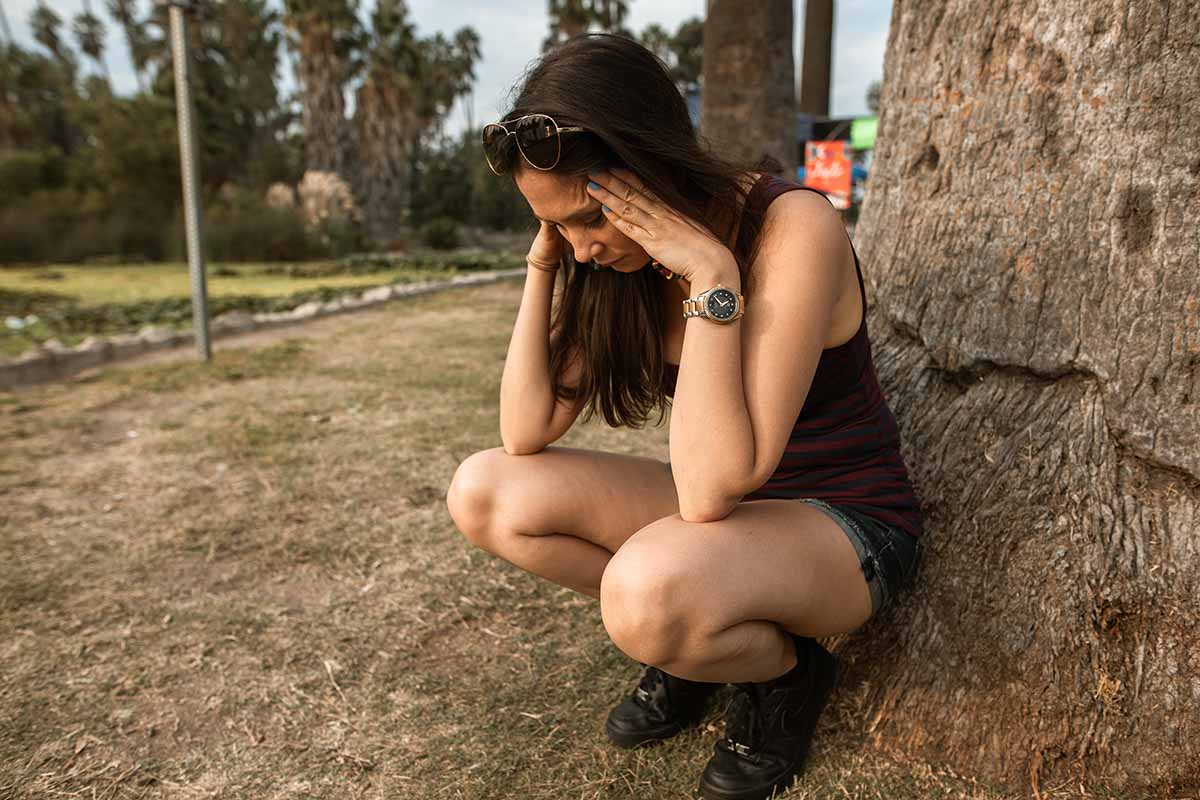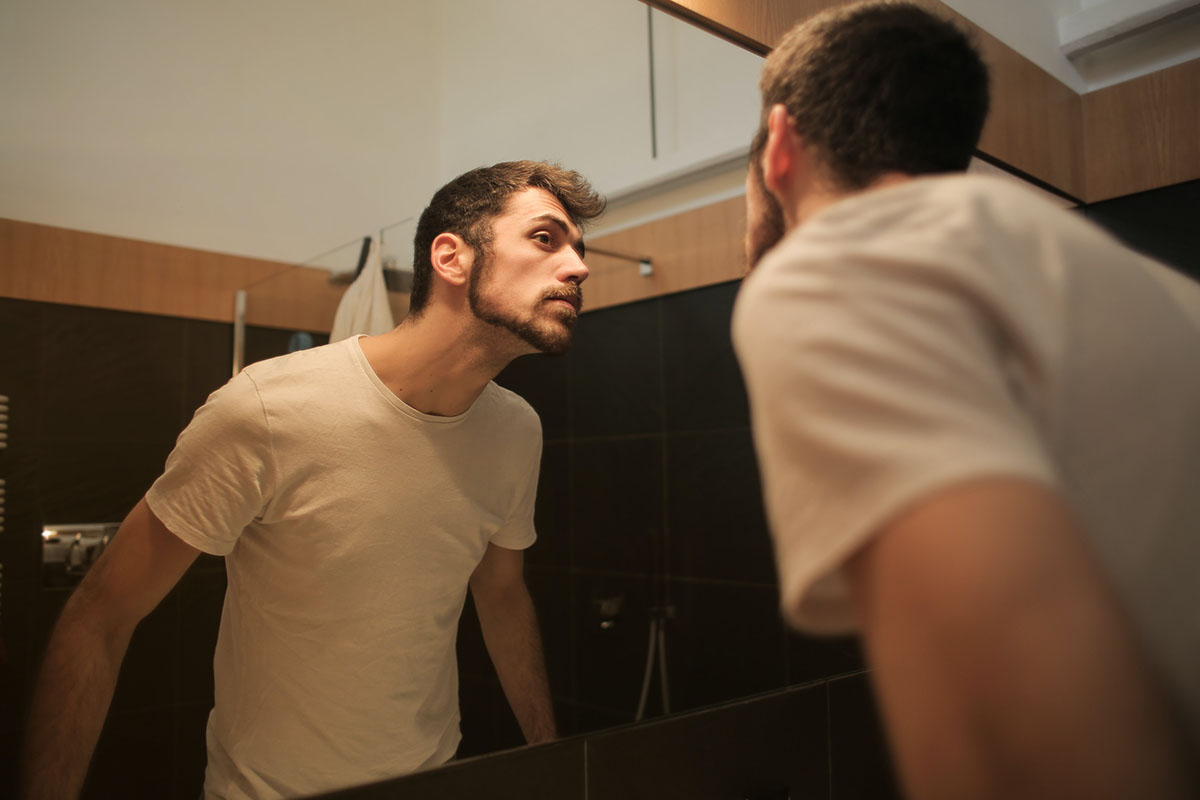Forms of Therapy That Are Effective for Anxiety
Anxiety is a common condition in a society where pressures are increasing. Anxiety is a daily challenge for 40 million Americans.
The good news is that effective therapies exist, offering a ray of hope and relief.
In this blog post, we delve into eight diverse forms of therapy that have proven effective in alleviating anxiety’s grip.
Cognitive-behavioral therapy and mindfulness meditation are just two of the many forms of anxiety treatments available today.
Explore different therapies until you find one that best meets your needs.
Cognitive Behavioral Therapy (CBT)
Cognitive behavioral therapy has proven to be an incredibly successful form of treatment for those living with anxiety disorders
CBT puts a focus on identifying and altering negative thought patterns or behaviors that cause anxiety-related problems.
It assists individuals in recognizing irrational thoughts that lead to anxiety and provides them with strategies for replacing these with more logical, constructive alternatives.
When seeking CBT therapy, be sure to find a trained CBT practitioner in your locality who can assist in managing anxiety effectively.
For instance, if you reside in San Francisco, look for a reliable anxiety therapy San Francisco -based professional to guide your journey toward better mental health.
CBT stands out among anxiety therapies due to its versatility in treating various anxiety disorders.
It has proven particularly successful at helping those living with generalized anxiety disorder find relief.
Furthermore, CBT has also proven highly beneficial for individuals suffering from social anxiety by helping them navigate interactions more confidently.
Specific phobias, where particular objects or situations trigger intense fear, also respond positively to CBT interventions.
Overall, CBT’s adaptability and proven effectiveness in treating a spectrum of anxiety-related conditions make it a vital tool in the therapeutic landscape.
Exposure Therapy
Exposure therapy, a subset of cognitive-behavioral therapy, places significant emphasis on the gradual confrontation of individuals with their fears and anxieties.
People experiencing fear or anxiety are exposed to it under the supervision of an expert professional in an environment that ensures their safety, providing an effective technique suitable for people of any age and background.
According to EBBP.org, an estimated 60% to 90% of individuals experiencing symptoms are reduced significantly or alleviated after completing exposure therapy.
Its effectiveness can be further increased by pairing exposure therapy with CBT, relaxation techniques, or other forms of therapy.
Acceptance and Commitment Therapy (ACT)
Acceptance and commitment therapy is a mindfulness-based therapy approach that encourages individuals to accept their anxious thoughts and feelings without trying to control or suppress them.
ACT emphasizes mindfulness, values, and committed action to lead an enriching life despite anxiety.
Studies have proven its efficacy for managing various anxiety disorders, including generalized and social anxiety.
Dialectical Behavior Therapy (DBT)
CBT may be effective as an initial treatment option for anxiety, but not everyone responds well to its use.
Dialectical behavior therapy, an alternative form of CBT that has recently gained popularity as an advanced technique, offers another solution to anxiety sufferers who struggle with emotional dysregulation.
This method helps individuals learn to interact more productively in their environments while feeling less emotional distress.
Interpersonal Therapy (IPT)
Interpersonal therapy focuses on improving interpersonal relationships and communication.
IPT assists individuals in recognizing and addressing any relationship conflicts or difficulties that might be contributing to their anxiety.
Mindfulness-based stress Reduction (MBSR)
Mindfulness-based stress reduction teaches individuals to become mindful in the present moment and cultivate greater self-awareness.
Learning to observe thoughts and feelings without judgment helps reduce tension and anxiety.
In fact, MBSR has successfully treated both generalized anxiety disorder and panic disorder by teaching people this skill.
Psychodynamic Therapy
Psychodynamic therapy is a form of talk therapy that examines how unconscious thoughts and early life experiences influence an individual’s anxiety.
Psychodynamic therapy promotes introspection and understanding of its underlying causes.
For persistent anxiety difficulties, it could take longer than other types of therapy to be beneficial.
Expressive Art Therapies
Expressive art therapies can offer individuals alternative means to express and manage anxiety.
Creative arts therapies benefit individuals who struggle to articulate their emotions verbally.
They provide nonverbal outlets for individuals to process and cope with anxiety more easily through music, dance, writing, drama, etc.
Different Forms of Therapy Effective for Anxiety: Conclusion
Anxiety is a complex mental health condition with numerous manifestations, so no single approach will provide optimal treatment results for everyone suffering from it.
Results often depend on factors like diagnosis and personal preferences, so those living with anxiety should work closely with mental health professionals to develop the most suitable therapeutic strategy.
This blog post explored eight forms of therapy that have proven effective against anxiety.
These therapies ranged from cognitive-behavioral therapy, exposure therapy, mindfulness-based approaches, and creative expressive therapies.
Individuals seeking relief can explore a wide range of therapy options available that meet individual needs and help manage and alleviate their anxiety effectively.
With guidance from qualified mental health professionals, it may even be possible to live fulfilling lives even while living with anxiety.




















